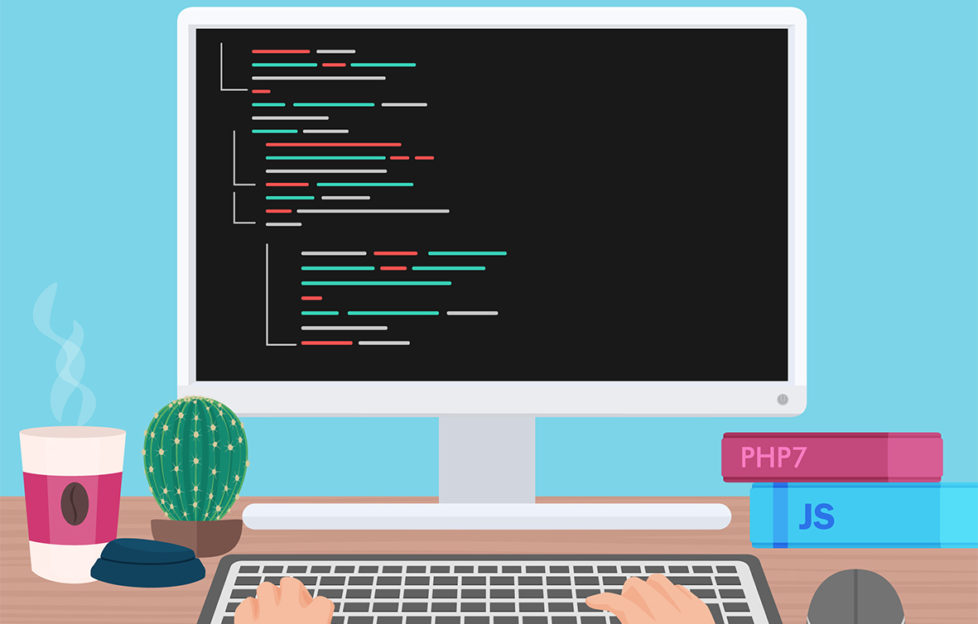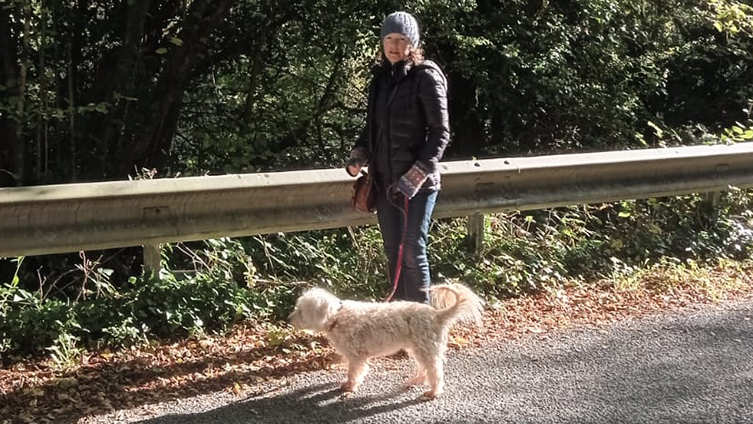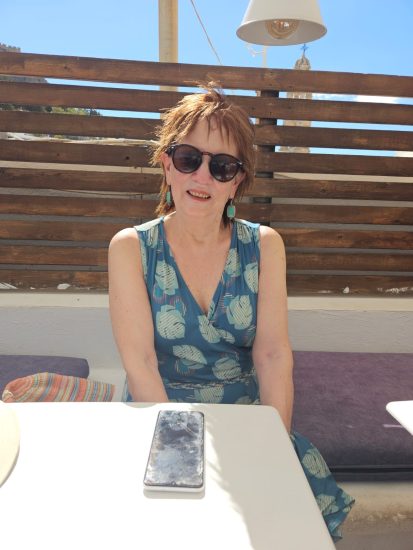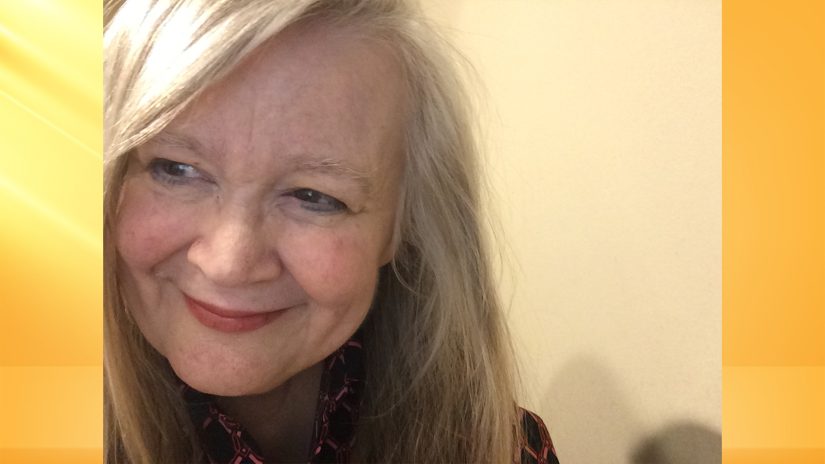
As part of our Writer Of The Week series, we like to ask contributors about the tools they use to write their stories.
Do they prefer a pen and paper? A computer? A tablet? A typewriter, even?
The answers we get are quite varied!
Personally, I prefer a computer for my work.
The keyboard
A good keyboard is essential for effective typing.
I prefer mechanical keyboards, with spring-activated key switches. That way, there is a distinct clicking sound as I type.
You need to use more force while typing, but I find it satisfying to type rhythmically away to an audible sound.
Not only does it feel like I am in the “zone”, but my fingers very rarely slip across to another key by mistake.
The mouse
A mouse might not seem as important to writers as a keyboard is, but a good one is always useful.
If you use the internet to research your stories, for example, you’ll want a mouse that’s very responsive. Trying to scroll through lots of pages or highlight/copy information could be frustrating otherwise!
Mice come in all sorts of shapes and sizes, to cater for grip and general movement.
The optical mouse is the most common in circulation nowadays, replacing the mechanical mouse that uses a rubber ball on its underside for movement.
Some people prefer a mouse that’s lighter to hold and takes up less desk real estate. Others, myself included, prefer a sturdier mouse that has wider left and right buttons.
You can, of course, buy left-handed mice, as well as changing individual mouse settings to suit your needs in Windows Control Panel.
Printer
The two type of printers are inkjet and laser. The former uses ink and the latter toner, which can last longer in terms of productivity.
Good if you like to correct proofs on paper, like we do at the “Friend” with the dummy!
Plus, of course, we prefer writers based in the UK to post us hard copies of their stories. Though this procedure is slightly different during lockdown.
Inkjet printers are great economical tools. They are generally better for colour photos, while laser ones are better for printing documents.
Some printers are hybrid and can not only print, but scan and copy documents, too.
What’s right for you will boil down to your individual needs, cost and storage.
Monitor
Bulky CRT monitors were once all the rage, but have now been superseded by LCD and LED screens.
Text and icon size can be changed in Windows Display Settings, though bumping up text size on a laptop will naturally have an impact on what you see on screen at any one time.
If you spend a lot of your time at the desk writing, you’ll need a good quality monitor. And you’ll need to know what settings work best for you.
I favour working with a desktop computer with a monitor size of at least 24” to negate eye-strain.
For the sake of my poor eyesight, I am happy to compromise on clarity for bigger text size.
The right tools for the right job
Once you have everything set up the just the way you want it, that’s when you’ll be able to do some of your best writing.
In fact, why not try one of these writing challenges?
For more from the Fiction team, click here.




